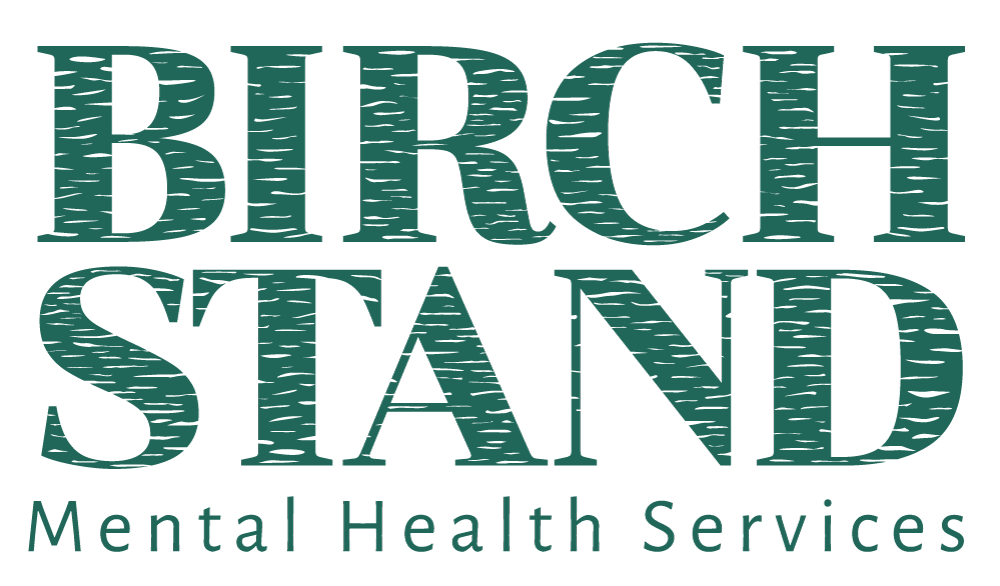Blog post originally appearing on the Pregnancy and Infant Loss Support Centre

(content warning: ectopic rupture, surgical intervention, silent miscarriage, Trying To Conceive, death of a pet)
2020 was my grief year. Not to say grieving or bereavement was contained to that year (I wish) but that the amount of types and ways that grief interacted with my life during such a short time is pretty astonishing.
- In January, I experienced a life-threatening pregnancy loss through an ectopic rupture and had to have emergency surgery. I was hospitalized for 3 days. I lost 1/3 of my blood, my right fallopian tube, and almost my own life.
- In February, my dog died.
- Also in February, after (physically) healing from my surgery, I returned to my job as a professional grief therapist (I ended up leaving that job a couple of months later because surprise, surprise— I couldn’t handle all the grief).
- In March, the COVID-19 pandemic hit.
- In April, my partner and I entered into the world of “Trying to Conceive” for the first time (which as you probably know, completely sucks)
- In September, I found out I was pregnant (finally!) but then,
In October, at 10 weeks pregnant I found out I had a silent miscarriage. - In November, after complications, I finally finished miscarrying my baby.
I’ve learned that most people don’t really know anything about ectopic pregnancies because they’re pretty rare (1-2% of diagnosed pregnancies). I didn’t even really know much about them or the symptoms prior to having one myself. I knew something was wrong with my pregnancy and within one week I went to 3 primary care physicians and twice called my provincial nursing helpline; but, no one caught that it was an ectopic pregnancy and no one told me I needed to go to the ER. I was only 6 weeks pregnant when my ectopic pregnancy became an ectopic rupture.
My ectopic rupture was the most painful and scariest thing I’ve ever experienced. The doctors told me their hope was to do a tiny laparoscopic incision to remove the pregnancy, but when the procedure began they realized my blood loss was severe and I quickly became unstable. They shifted gears to invasive abdominal surgery. They removed the pregnancy tissue and my obliterated fallopian tube. I was given 2 blood transfusions. I legitimately almost died.
When I tell people about my ectopic pregnancy loss, I often feel the need to give all the gory details and explain the life-threatening nature of a rupture. People don’t understand the seriousness because they don’t understand ectopic pregnancies. I did have friends and family who provided support for my baby loss but not really for my loss of safety. I was simultaneously devastated my baby was dead but also relieved I was alive. Then I was angry people seemed to care more about my baby loss than almost losing me. It was extremely confusing.
After my surgery, I was in shock. I think I stayed in shock for a while. I’ve had a lot of professional support for my own mental health issues and I do this work for a living. So, I didn’t really think I needed grief support at the time. My relief for being alive slightly outweighed my sadness for losing a baby and I was embarrassed to admit that to anybody. It wasn’t until after my 2nd pregnancy loss 10 months later, the cumulative effects of my multiple losses over the year came to a boil and I acted promptly. I took time off. I got therapy. I got back on medication.
Being a therapist and doing grief work professionally does not make you immune to experiencing grief. Logically, I knew that. But, emotionally it was hard to wrap my mind around it. I saw my clients’ bereavement and loss as more valid because that’s what we are socialized to believe and it’s what our culture supports. When I initially tried to access grief support for pregnancy loss, there was little to none in my area. I wondered how this could be with the miscarriage rate being 15-25%? Even over my multi-day hospitalization and many subsequent medical appointments, there was no appointed person to communicate any grief support options. I felt like I was a detective, trying to find someone I could talk to about my experiences. I had multiple medical staff tell me people “don’t want to talk about pregnancy loss” as a reason for having little to no grief support options for patients. I thought “Well… I want to. Is that weird? Is there something wrong with me?” What a way to further perpetuate the stigma of pregnancy loss bereavement.
I came to a conclusion, there was nothing wrong with me, there was something wrong with the system. The patriarchal systems in place that keep pregnancy loss our dirty little secrets. We are to deal with these issues in private because that’s a uterus owner’s issue. I find there’s almost an apathy around miscarriages especially because they’re so statistically common— that it’s just part of life for many people with uteruses. I refused to buy into these ideas and guess what— you can refuse too. I was pretty open about my losses with the people in my life. I get that not everyone is comfortable or ready to talk about it and that’s okay. But, there should be an environment and culture established where if and when someone is ready to talk about it, the support is there and ready. We all deserve the option to talk about our baby loss. If you do want to talk about your loss, about your experience, there is nothing wrong with you.

